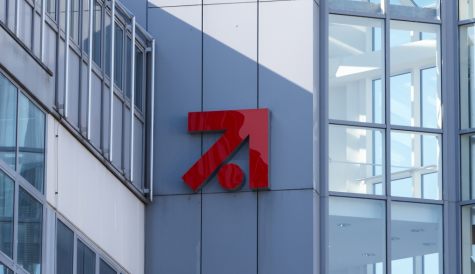IHS: Netflix and Amazon outspend HBO, CBS, Turner
Netflix and Amazon spent more money on programming last year than CBS, HBO, Turner and most countries – including South Korea and Australia – according to new research.
The IHS Markit report claims that between 2013 and 2015, Netflix and Amazon more than doubled their annual expenditure on programming, with the internet firms spending a combined US$7.5 billion on content in 2015.
Netflix’s content spend rose from US$2.38 billion in 2013 to US$4.91 billion in 2015, while Amazon’s climbed from US$1.22 billion to US$2.67 billion over the same timeframe, according to the report.
“The levels of investment we are seeing from Netflix and Amazon are only topped by Disney (US$11.84 billion) and NBC (US$10.27 billion),” said Tim Westcott, senior principal analyst at IHS Technology.
However, he added that while more people are watching content online “it’s premature to declare that the era of linear TV is already over, and Netflix and Amazon have come hard on the heels of a boom in production of original drama and comedy by the likes of AMC and FX in the US”.
The IHS stats claim that 148 new scripted shows were aired by basic cable networks in the US in 2015, up from 138 the year before and 96 in 2013.
So far In 2016, there have been 113 scripted basic cable shows, compared to 78 on the networks, 31 on premium cable, and 57 online.
In 2012 there were only three online scripted US TV shows, rising to 20 in 2014 and 41 in 2015.
“We estimate that in 2015, the US represented 33% of worldwide expenditure on TV programming, with US$43 billion invested across free-to-air, pay TV and online,” said Westcott.
“Amazon and Netflix, though they are US companies, are now commissioning for multiple territories, so we have treated them as global platforms.”
Western Europe accounted for US$38.6 billion of content spend last year, according to the research, with the UK the biggest market (US$10.7 billion), followed by Germany (US$7.3 billion), France (US$6.6 billion) and Italy (US$4.6 billion).



